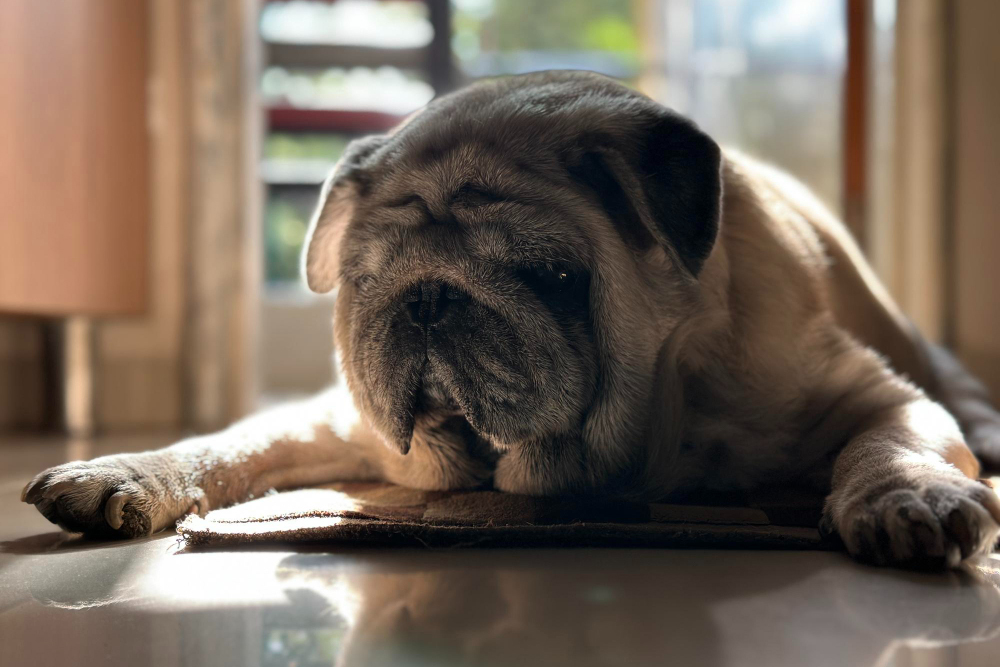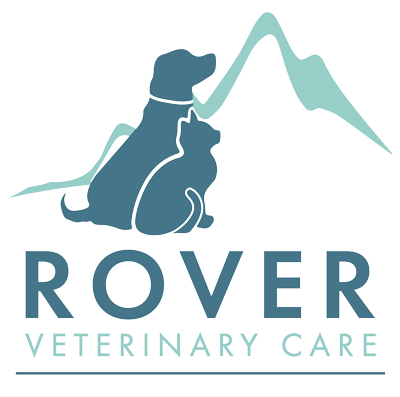Understanding the Health Risks of Dog Obesity

Understanding the Health Risks of Dog Obesity

Obesity in dogs is more than just an aesthetic concern; it poses significant health risks that can severely impact your furry friend’s quality of life. Understanding these risks and taking proactive measures is crucial for every pet owner. In this blog post, we will explore the dangers associated with dog obesity and discuss how responsible pet ownership, including options like in-home euthanasia in Reno, NV, can make a difference.
The Growing Problem of Dog Obesity
According to recent studies, over 55% of dogs in the United States are overweight or obese. This alarming statistic not only reflects a growing trend but also signals a larger health crisis within the pet population. Overweight dogs face numerous health challenges that could lead to chronic diseases, reduced lifespan, and a diminished quality of life.
Health Risks Associated with Dog Obesity
1. Joint and Mobility Issues
One of the most immediate health concerns for overweight dogs is joint pain and arthritis. Excess weight puts extra stress on joints and ligaments, leading to wear and tear much earlier in a dog's life. Obesity can exacerbate conditions like hip dysplasia and cause significant discomfort, reducing your dog’s ability to move freely and comfortably.
2. Heart Disease
Just like in humans, obesity in dogs can lead to heart disease. Excess fat can cause high blood pressure and increase the risk of heart failure. Overweight dogs may experience symptoms such as coughing, difficulty breathing, and lethargy. Regular veterinary check-ups are essential to monitor your dog's heart health and take preventative measures.
3. Diabetes
Obesity is a leading risk factor for diabetes in dogs. Excess body fat can impair insulin function, leading to insulin resistance and subsequently diabetes. Managing a diabetic dog requires careful monitoring of diet and regular insulin injections, making prevention through weight management crucial.
4. Respiratory Issues
The extra weight in obese dogs can also lead to respiratory problems. Breeds with short noses, such as Bulldogs and Pugs, are particularly susceptible to breathing difficulties when overweight. These issues can result in reduced oxygen flow, which affects overall health and energy levels.
5. Decreased Life Expectancy
Studies have shown that obese dogs tend to live shorter lives compared to their leaner counterparts. Extra pounds can take years off your dog's life, making it essential for pet owners to maintain their pet's weight within a healthy range.
6. Digestive Disorders
Obesity can contribute to various digestive disorders, including constipation and pancreatitis. Dogs with unhealthy weight are more prone to gastrointestinal issues, affecting their ability to process food efficiently and leading to further health complications.
Recognizing Obesity in Dogs
Knowing the signs of obesity in dogs can help you address the issue early:
- Visible Signs: Look for an absence of a defined waistline, difficulty feeling the ribs, and a noticeable bulging in the abdomen.
- Behavioral Changes: Observe any changes in behavior, like reluctance to exercise, excessive panting, or tiredness after minimal activity.
- Vet Assessment: Regular check-ups with your vet can provide professional insights into your dog's weight and overall health.
Addressing Dog Obesity
Diet Management
A balanced diet is crucial for maintaining your dog's weight. Consult your veterinarian to create a tailored diet plan that meets your dog's nutritional needs while maintaining a healthy weight. Avoid feeding table scraps and ensure that treats are given in moderation.
Regular Exercise
Exercise plays a vital role in keeping your dog fit and healthy. Engage in daily walks, play sessions, and other physical activities to help your dog burn calories and stay active. Tailor activities to your dog's breed, age, and health condition.
Regular Vet Check-Ups
Frequent veterinary visits are essential for monitoring your dog's weight and catching any health issues early. Your vet can provide valuable guidance on diet, exercise, and other weight management strategies.
Professional Guidance
If you're struggling to manage your dog's weight, consider seeking professional guidance from dog nutritionists or trainers who can offer specialized advice.
Considering In-Home Euthanasia in Reno, NV
For some pet owners, obesity-related health problems may become too severe, leading to difficult decisions about their dog's quality of life. In such cases, considering in-home euthanasia in Reno, NV, might be a compassionate option. In-home euthanasia allows your pet to spend their final moments in the comfort of their familiar surroundings, surrounded by loved ones. If you’re facing this difficult decision, contacting Rover Veterinary Care can provide more information and support during this challenging time.
Conclusion
Managing your dog's weight is a critical aspect of responsible pet ownership, ensuring a long, healthy, and happy life for your furry companion. Regular check-ups, a balanced diet, and consistent exercise can help mitigate the risks associated with obesity. For those considering in-home euthanasia in Reno, NV, understanding all options available ensures you’re making the best decisions for your pet's welfare. Contact Rover Veterinary Care today to learn more about caring for your canine friend and exploring compassionate end-of-life options.
